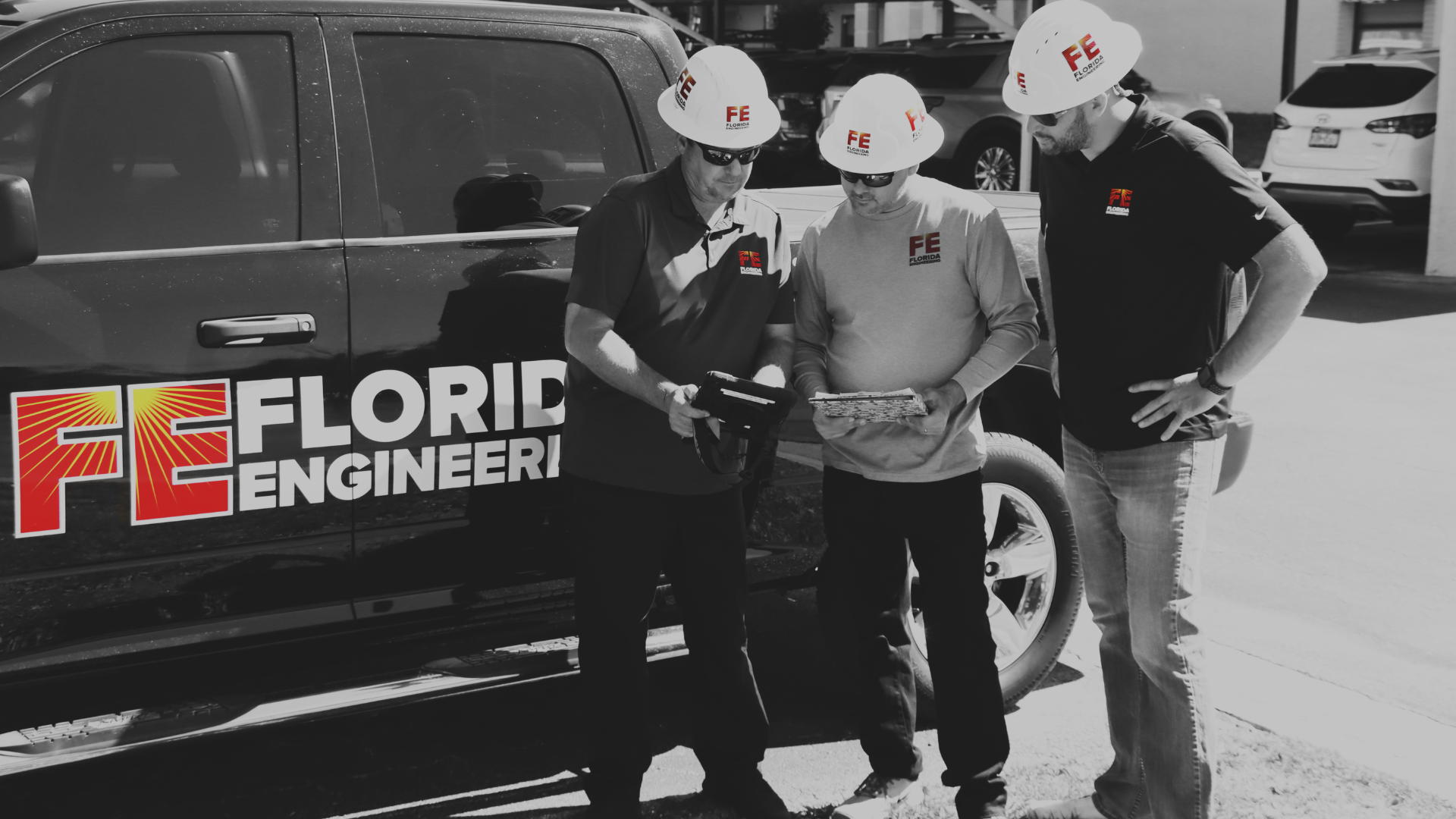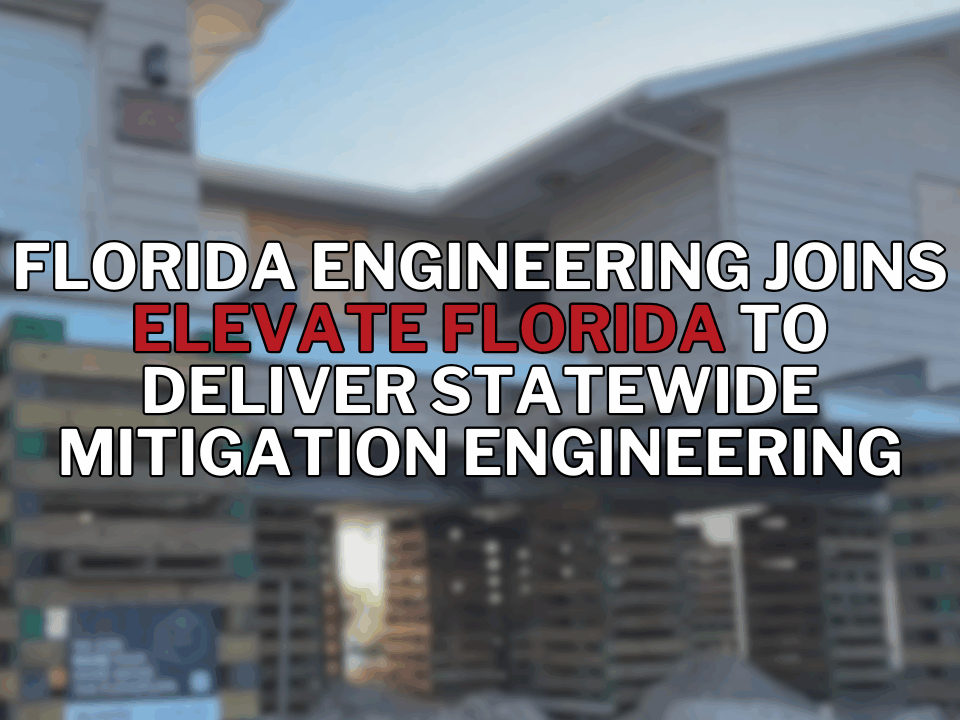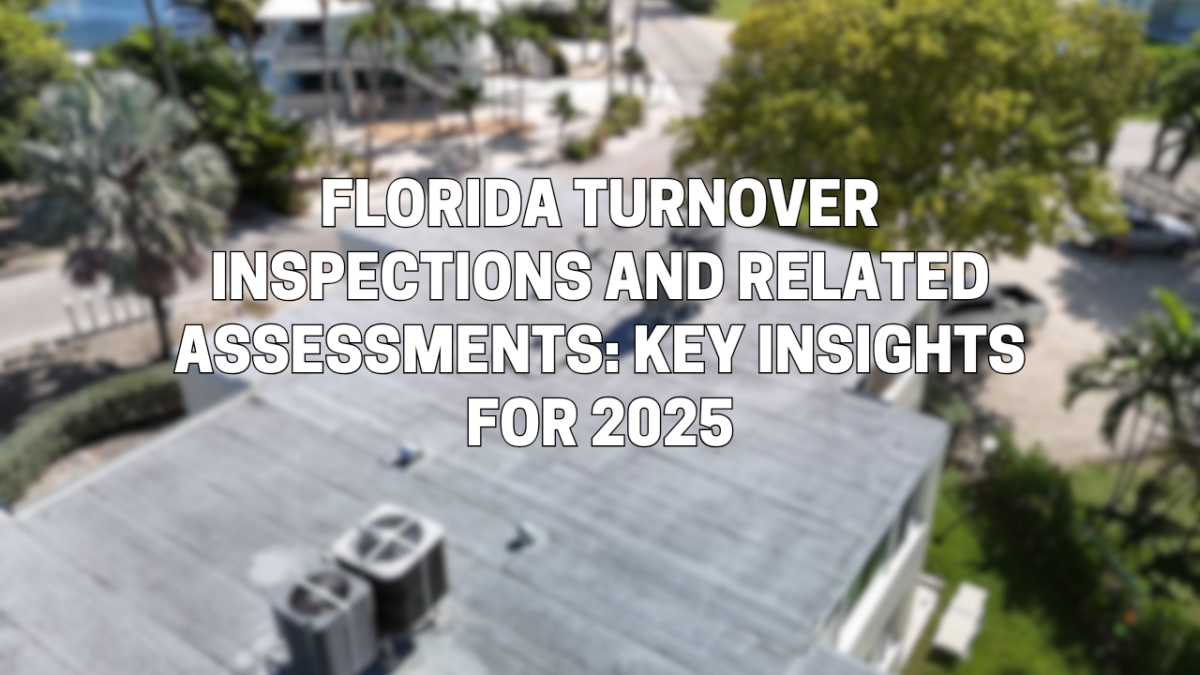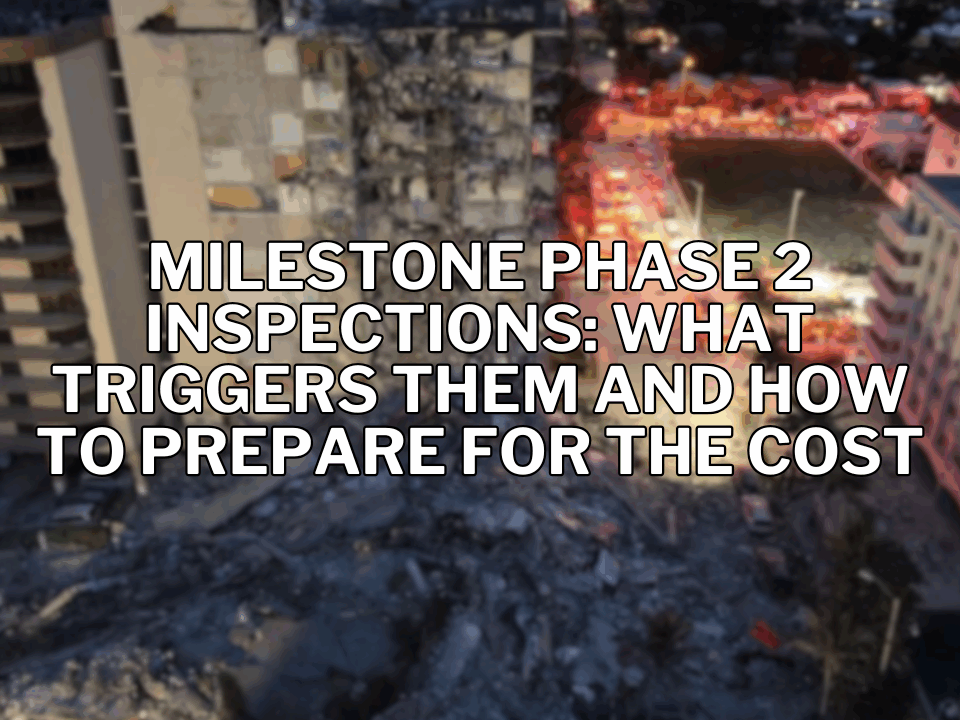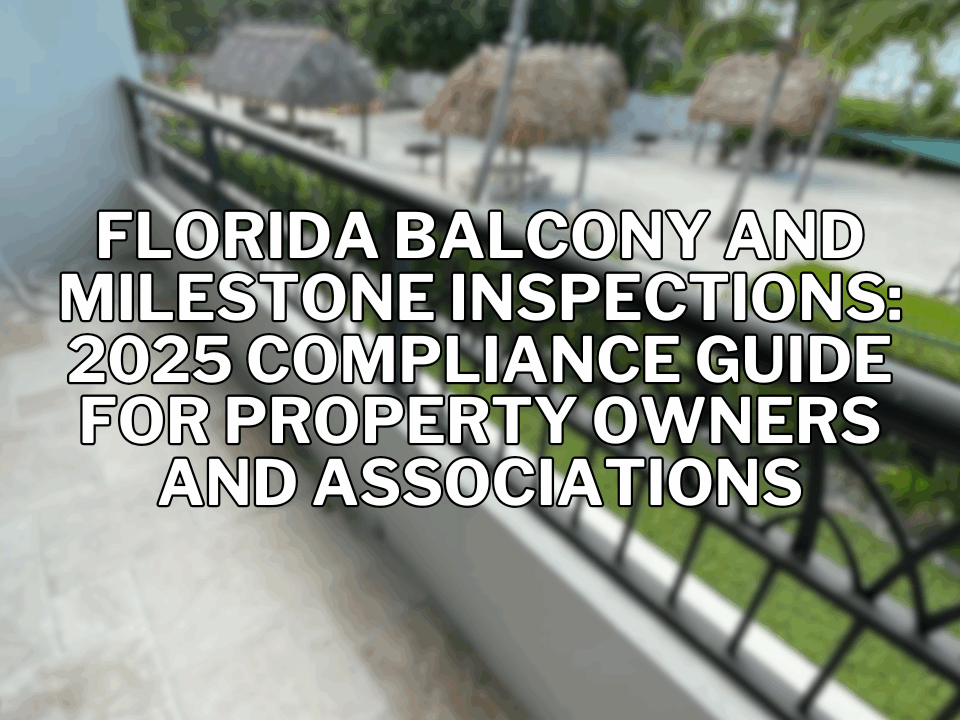Florida’s booming real estate landscape requires comprehensive property evaluations to ensure the safety, value, and legal compliance of developments transitioning from developers to homeowners’ associations (HOAs) or condominium associations. Turnover inspections, Property Condition Assessments (PCA), Phase I Environmental Site Assessments (ESA), and Transition Studies play vital roles in this process, safeguarding stakeholders’ interests and ensuring long-term viability.
Table of Contents
- Florida Turnover / Conversion Inspections
- Definition and Purpose
- Florida-Specific Regulations
- Key Deliverables
- Property Condition Assessment (PCA) Inspections
- Definition and Scope
- Users of PCA Reports
- Phase I Environmental Site Assessment (ESA)
- Definition and Process
- Importance and Next Steps
- Transition Studies
- Definition and Financial Planning
- Florida Statutory Requirements
1. Florida Turnover / Conversion Inspections
Definition and Purpose
Turnover inspections, also known as conversion inspections, are pivotal during the transition of a development from the builder to an HOA or condominium association. These inspections:
- Ensure compliance with approved building plans and relevant codes.
- Verify that common areas and amenities, such as pools, elevators, and clubhouses, are in optimal condition.
- Highlight construction defects or incomplete work requiring developer action.
Florida-Specific Regulations
Governed by the Florida Condominium Act (Chapter 718) and the Florida Homeowners’ Association Act (Chapter 720), turnover inspections are often legally mandated. They require:
- A licensed engineer or qualified inspector to certify the property’s readiness.
- Detailed documentation of deficiencies and adherence to warranties.
Key Deliverables
- Inspection Report: Identifies defects and incomplete work.
- Action Plan: Recommends repairs, warranty claims, or legal measures.
2. Property Condition Assessment (PCA) Inspections
Definition and Scope
A PCA provides a detailed analysis of the physical state of commercial or multifamily properties, offering insights into both immediate and long-term maintenance needs. Following ASTM E2018 guidelines, PCA inspections include:
- Structural elements (e.g., roofing, façade).
- Mechanical, electrical, and plumbing (MEP) systems.
- Site improvements like landscaping, parking lots, and drainage.
Users of PCA Reports
- Lenders and Investors: Assess risks and capital needs.
- Buyers and Sellers: Make informed transaction decisions.
- Property Managers: Plan capital improvements effectively.
PCA inspections help forecast maintenance costs, identify major repairs, and assess component lifespans, supporting financial transparency and operational planning.
3. Phase I Environmental Site Assessment (ESA)
Definition and Process
A Phase I ESA investigates potential environmental contamination risks tied to a property. It’s critical for:
- Identifying Recognized Environmental Conditions (RECs), such as hazardous substances or underground storage tanks.
- Reducing liability under CERCLA.
Scope of Work
Following ASTM E1527 standards, the assessment includes:
- Historical research on site usage.
- Review of governmental records and environmental databases.
- Site visits to identify visible contamination risks.
Importance and Next Steps
If environmental concerns are found, a Phase II ESA may be initiated for soil, water, or air testing. Remediation strategies are developed as needed, ensuring compliance with environmental regulations and mitigating risks.
4. Transition Studies
Definition and Financial Planning
A Transition Study, often required during developer-to-owner turnover, evaluates the condition of common elements and ensures sufficient reserve funding for future repairs. Key elements include:
- Roofs, HVAC systems, parking lots, and shared utilities.
- Forecasting repair and replacement timelines and costs.
Florida Statutory Requirements
Under Florida law, these studies are mandated to:
- Identify latent defects for developer accountability.
- Ensure financial readiness for associations, reducing the risk of special assessments or financial shortfalls.
Inspections like Turnover, PCA, ESA, and Transition Studies form the backbone of Florida’s real estate lifecycle, protecting stakeholders and ensuring regulatory compliance. From uncovering construction defects to financial planning, these evaluations ensure long-term property sustainability.
The Turnover Inspection Experts – Florida’s Condominium Inspections
- Phone: 941-391-5980
- Email: contact@fleng.com
- Address: 4161 Tamiami Trail, Suite 101, Port Charlotte, FL 33952
Connect With Us
Related Services
- Milestone Inspections
- Energy Calculation Services
- 25,30,40,50,60 Year Recertifications
- Pool Engineering Services
- Turnover Inspections
[This above text is for information purposes only and does not constitute engineering or legal advice. Please consult a professional engineer and licensed attorney for any specific answers to your questions about Turnover Inspections and the legal obligations turnover inspections entail.]

